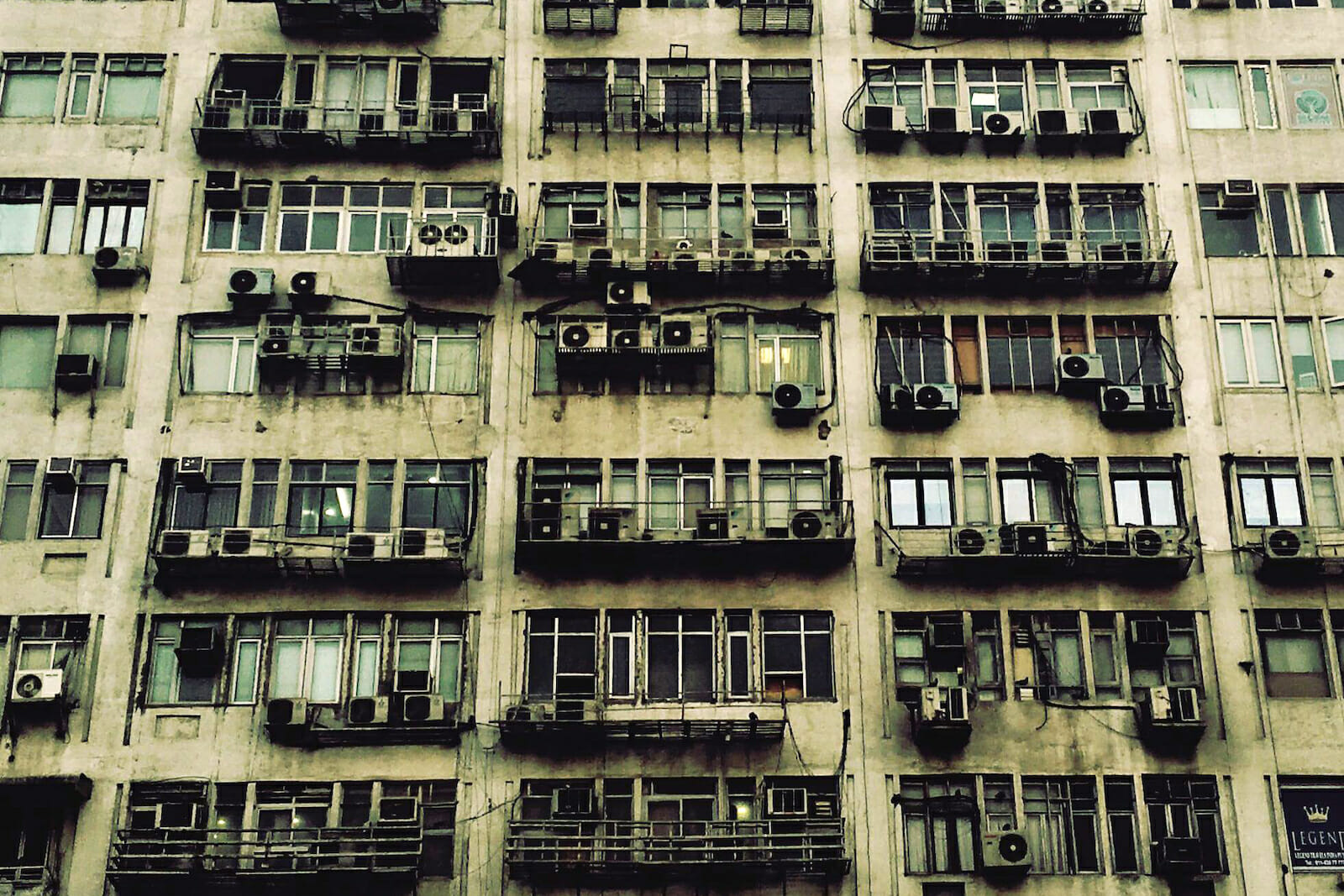
How COVID-19 Is Impacting Renters
The ongoing pandemic has put stress on nearly all of the world’s economic systems. In the face of new restrictions, many businesses have had to scale down or stop entirely, leaving many without a reliable source of income. As the pandemic and recession continue, the relationship between renters and coronavirus grows all the more precarious.
Approximately 108 million American residents live in a rented space, nearly one-third of the nation’s population. Residents aren’t the only people who qualify as renters, either, as many businesses across the country operate out of leased buildings or storefronts. With the economy in its current state, how has coronavirus affected these renters?
Coronavirus and Residential Renters
At the peak of the coronavirus recession, unemployment reached 14.7%, more than the Great Recession. Although some Americans have gotten their jobs back, many are still in financial distress, and many others are unemployed. Without much financial liquidity, paying rent is now a challenge for a considerable number of Americans.
In many areas, eviction moratoriums allowed renters to stay in their homes even if they missed payments. The CARES Act covered between 28.1% and 45.6% of rental units, but those federal benefits are ending soon. The last of the CARES Act moratoriums expires on Aug. 31, giving renters until September before facing eviction.
Most tenants have been able to meet rent so far, but as they continue to face economic hardship, that could change. As the CARES Act addition to unemployment benefits expires, some may not be able to afford rent anymore. Without a steady income, they could run out of savings and ultimately face eviction.
Coronavirus and Commercial Renters
As small businesses’ profits decline amid the recession, some are unable to meet rental payments for their areas of operation. According to some building owners, commercial rent payments are down 60%, which can have grim consequences once moratoriums lift.
Even if owners can’t evict small businesses right now, these tenants still have to make payments. Those that haven’t been able to will have to make back payments, which some may not be able to afford. As a result, many companies are in danger of going bankrupt, which will cause ripples throughout the economy.
If small businesses lose their buildings, property, and sales tax payments will fall. As a result, the entire economy will suffer, and local governments will have fewer resources to help. Companies also employ many residential renters, so evictions in one sphere could lead to another.
Protections for Renters
Amid these dire circumstances, both residential and commercial renters have some protections they can turn to. Many rental contracts include a force majeure clause, which states both tenants and landlords can miss some responsibilities without legal consequences in some circumstances. The pandemic, as an event outside of either side’s control, may qualify.
Some areas have legislation, like New York’s Tenant Safe Harbor Act, that prohibits evictions for renters who suffered economically under COVID-19. Still, with most moratoriums and similar orders, renters have to pay back missed rent eventually. The restrictions on evictions may give renters time to gather the money to do so, though.
Tenants who have concerns about their ability to pay rent in the future can talk to their landlords. By reaching out before it becomes a more pressing issue, they may be able to reach an agreement that works for both parties.
Both Commercial and Residential Renters Face Difficulty Amid COVID-19
Like many things during the pandemic, the future for renters remains uncertain. There are several legal protections in place for commercial and residential tenants, but these won’t cover everything and won’t last forever. The U.S. could be on the brink of an eviction crisis, but whether or not that will happen is still unclear.

